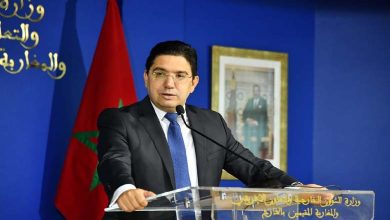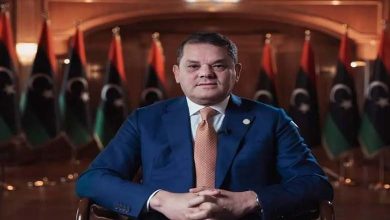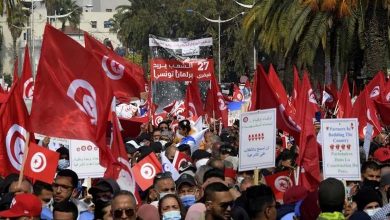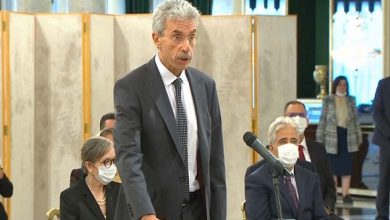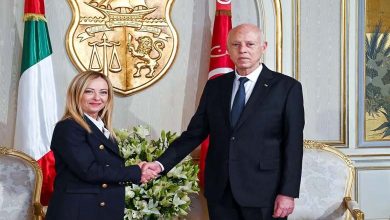Participants in Bouznika Reach Agreements on Election Laws
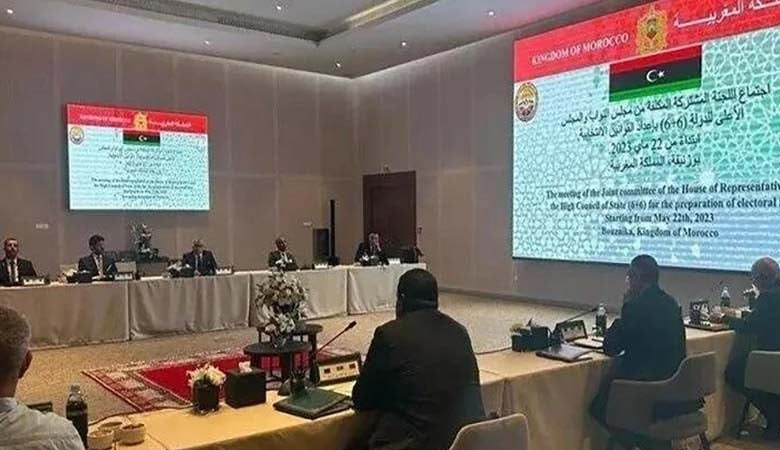
Representatives of the Libyan 6+6 Committee meeting in the resort of Bouznika on the outskirts of the Moroccan capital Rabat said late Tuesday that they managed to overcome a number of disagreements on the laws of presidential and legislative elections in Libya, adding that they will meet again in Morocco soon to officially sign this agreement in what seems to have been a breakthrough in talks to end the political deadlock after earlier talks of disagreements that delayed the signing of understandings.
Omar Abu Leifa, a member of the Libyan Council of State, told reporters: “We had a discussion for about ten days or more in the Kingdom of Morocco, we discussed all the details, and then we ended up agreeing on all the points of disagreement. Two laws were enacted, the first relating to the legislative authority, and an election law for the head of state was also agreed.”
“All the outstanding issues were agreed upon in full agreement, and everything we have accomplished was signed with free, conscious will, without coercion or pressure,” he said.
Talks between the 6+6 Commission, which is composed of the House of Representatives and the High Council of State, began in the resort of Bouznika on May 22 in an effort to resolve the dispute over laws regulating presidential and parliamentary elections in Libya.
Among the points of disagreement was the clause on the candidacy of military and dual nationals. Abu Leifa did not clarify whether the consensus among the committee members also included this clause.
Jalal Al-Shuwaihdi, a member of the Libyan House of Representatives, told reporters, “The Council of Representatives and the State Council agreed on the Presidential Elections Law and the Parliament Elections Law.”
“We are waiting in the coming days for the Speaker of the House of Representatives and the State Council to sign or make a final decision on this law,” he said.
“All the discussions took place within the committee members, and we did not face any external intervention,” he said.
For his part, Moroccan Minister of Foreign Affairs and International Cooperation, Nasser Bourita, said that the agreement “is an important milestone, because the two councils are … qualified to take part in these matters related to the necessary rules for the organization of elections.”
“Both councils, through the 6+6 Committee, were in the exercise of their functions as specified in the political agreement signed in Skhirat in 2016,” he added.
He stressed that Libya’s electoral laws will be officially signed in the next few days after they are approved by the Libyan 6+6 Committee.
He added, “Today, the electoral laws have been agreed upon, and in the next few days they will be officially signed, by Khaled Al-Mishri, the head of the Libyan High Council of State, and Aguila Saleh, the speaker of the House of Representatives.”
The Kingdom of Morocco has already hosted rounds of the Libyan dialog that ended with the agreement on sovereign posts in January 2021, as well as sponsored a meeting between the delegations of the High Council of State and the House of Representatives on the electoral law in September 2021.
The 6+6 Committee is made up of six members from the House of Representatives and one from the State Council (a representative advisory body), which was created by the 13th Amendment to the Constitutional Declaration (an interim constitution drawn up after the overthrow of Muammar Gaddafi in 2011).
According to the agreement between the two houses, the committee was tasked with preparing “consensual” electoral laws that would conduct elections and resolve a crisis of power struggle between a government appointed by the Council of Representatives in early 2022 and the government of national unity led by Abdul Hamid Dbeibeh, who refuses to hand over power except to a government that is formed by a new elected parliament.




